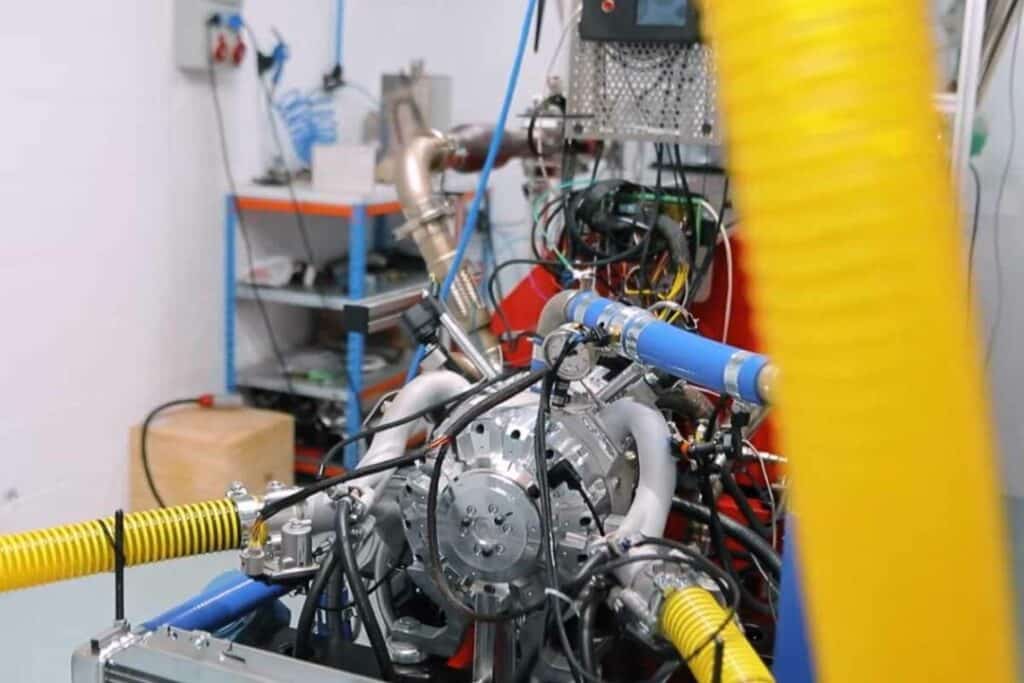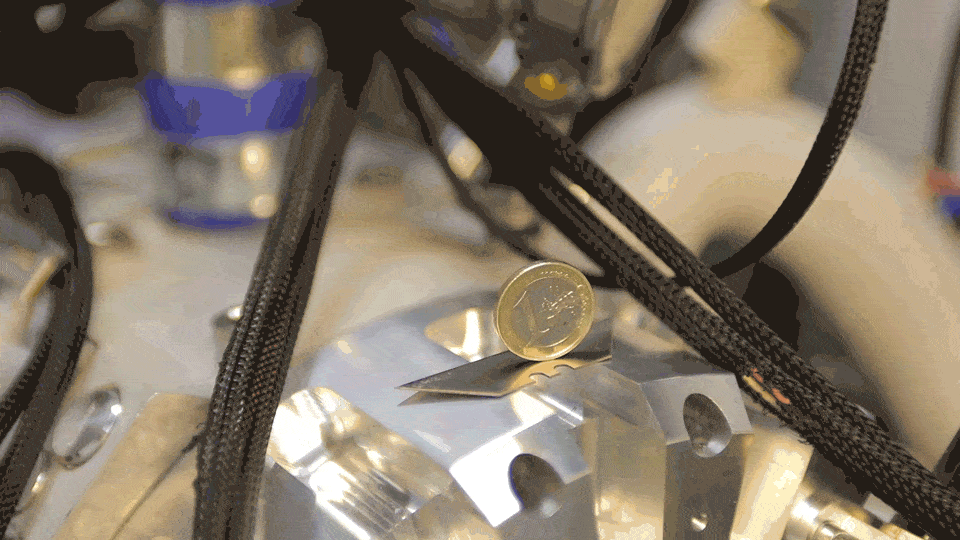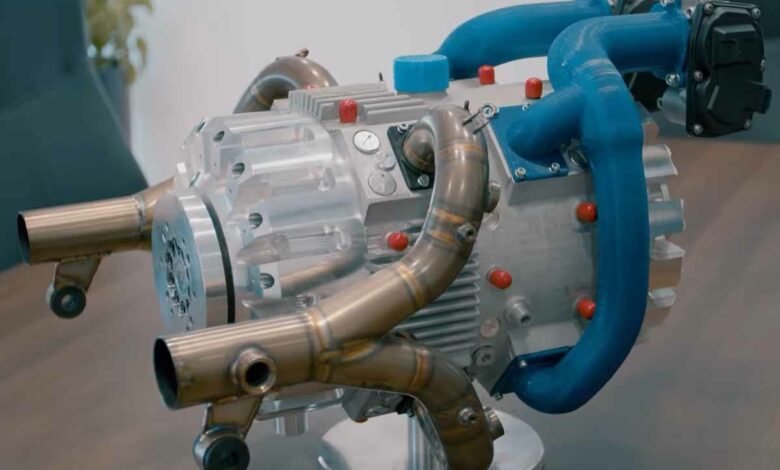The idea that one day hydrogen cars will start to spread is nice, but if we think about the incredible costs that the creation or transformation of infrastructure would entail, the dream ends there. Or not? Someone has developed an engine that runs on multiple fuels.
And it could even come into play well before 2035, the year in which (in Europe and beyond) the trap for internal combustion engines should be triggered. In summary? It works with both petrol and hydrogen. I should have gotten your attention by now, I guess.
A window into the future of transport?
The world is moving rather quickly towards more sustainable transport solutions, but the challenge remains: how can we ensure that cars are not only environmentally friendly, but also practical? There's a difference, you know. The answer may lie in this small startup from Granada, Spain.
IN Engine has taken on the challenge many motorists face today. There are only about 1000 hydrogen filling stations worldwide and just over 250 in Europe, and the question arises spontaneously: is it worth investing in a hydrogen car? The Spaniards did not remain stuck on the question: they looked for a solution.

e-Rex, two-fuel “one-time” engine
It took three years of research and development to create the e-Rex, an “once” engine that can run on both petrol and hydrogen. But what exactly does “once” mean? Unlike traditional “two-stroke” or “four-stroke” engines, the e-Rex uses a combustion chamber with eight pistons. An innovative arrangement which among other things reduces vibrations, making the engine quieter and more efficient.
However, running on multiple fuels isn't the only feature that makes the e-Rex special. Thanks to its opposed piston configuration, the engine is noticeably more compact, with a reduction 55% of the size and 70% of the weight. Again: It doesn't need oil to lubricate or cool, eliminating potential emissions problems. Nothing else?

Possible applications
The very interesting characteristics of this engine lead us to think that it could have various uses. It could for example be integrated into electric or hybrid vehicles, improving their range. Or power generators, light aircraft, boats. What about drones? The Spanish startup is already developing a special version!
How about? This and other inventions Do they have a future to make the use of hydrogen and other alternative fuels more widespread and sustainable?


